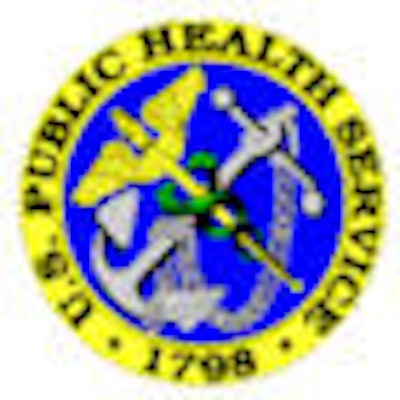
The need to standardize the quality of dental care in the U.S. and make patients more accountable was the focus of the Institute for Oral Health's "Defining Quality in Oral Healthcare" conference in San Jose last week, and conference organizers brought in some big names to address these issues.
"We must be able to show the greatest practice at the least cost because that's what society demands of us," said Richard Carmona, M.D., former U.S. surgeon general, in a keynote address.
Born to poor immigrant parents and raised on the streets of Harlem, Dr. Carmona only went to the dentist as a child for acute pain and never for prevention. But years later, when he rose to the position of surgeon general, he never underestimated the importance of oral health.
"Dental health is a big part of overall health," he told the audience.
Dr. Carmona discussed the importance of achieving oral health parity and made several recommendations about how to improve the quality of dental care in the U.S.
Patient education key
The most important step is to educate patients about the importance of dental care, he emphasized. "You must create proactive, knowledgeable, accountable patients," he said. If patients who are shopping for dental care on the open market have an understanding of its importance, they will drive quality and cost, he added.
“You must create proactive, knowledgeable, accountable patients.”
— Former U.S. Surgeon General Richard Carmona
Patients will shop knowledgeably and be driven toward the best cost and value proposition for the dollars they have to spend, he said. This will drive up the quality of care because the more patients are educated, the more they will be driven toward quality care.
But for such a model to work, patients have to be part of the equation -- which they are not, at the moment, pointed out Dr. Carmona.
"Right now they have a card," he said. "So they smoke, they drink, they don't brush, they don't floss, and they show up at the dental office knowing they will be taken care of with someone else's money."
Improving the quality of dental care is not something the dentist can manage alone. The dental team is an important part of the process, too, said Dr. Carmona. They need to be agents of change. They need to speak in a health literate and culturally competent manner with the patients.
"Everyone from the dental association to the hygienist needs to engage with the patients to change their behavior and motivate them into adopting better oral habits," he said.
Making a business case
Selling the latest science to Congress and the press has never been easy. Why?
Because it's not sexy, said Dr. Carmona.
"The TV shows are about cops and emergency doctors; there are no shows about public health, except on PBS, and we are the only ones watching those," he said, prompting laughter. "We have to figure out a way to spin our information so that it brings added value to the citizen."
He gave an example of how, as surgeon general, he managed to highlight the issue of obesity when people were worried about more pressing concerns such as two wars, anthrax, and terrorism. Obesity affects troop readiness, battle readiness, and deployment ability, he told the nation. It is the terror within; it is a national security problem. This line of logic resonated with the people.
"The dental industry needs to figure out how to spin their information so that it's interesting," he said. "There are so many issues fighting each other for public attention that it's important to highlight yours and make it stand out. You have to build the business case."
Other recommendations from Dr. Carmona included:
- Use new technology wisely. The medical/dental industry is always inundated with new technology. Dental professionals need to determine how new technology can add value to a practice. Don't add technology blindly, he advised. Before purchasing a new product, ask yourself if it's cost-effective and if it benefits the patient.
- Redefine and rebrand your image. The dental profession already has a high advantage in that it's viewed as a preventive profession. People know that they need to see a dentist to avoid disease. The medical profession can learn from this by creating a national prevention model.
- Databases. The industry needs large, mutually agreeable databases to drive evidence-based decision-making to determine best practices and cost-effectiveness.
- Make a change in dental schools. Dental schools need to add quality-of-performance metrics to their curriculum, said Dr. Carmona. Practicing dentists cannot accomplish this goal alone. It has to start in schools.
Making these changes won't be easy, Dr. Carmona admitted.
"But if this work was easy, everybody would be doing it," he concluded.
Copyright © 2009 DrBicuspid.com















